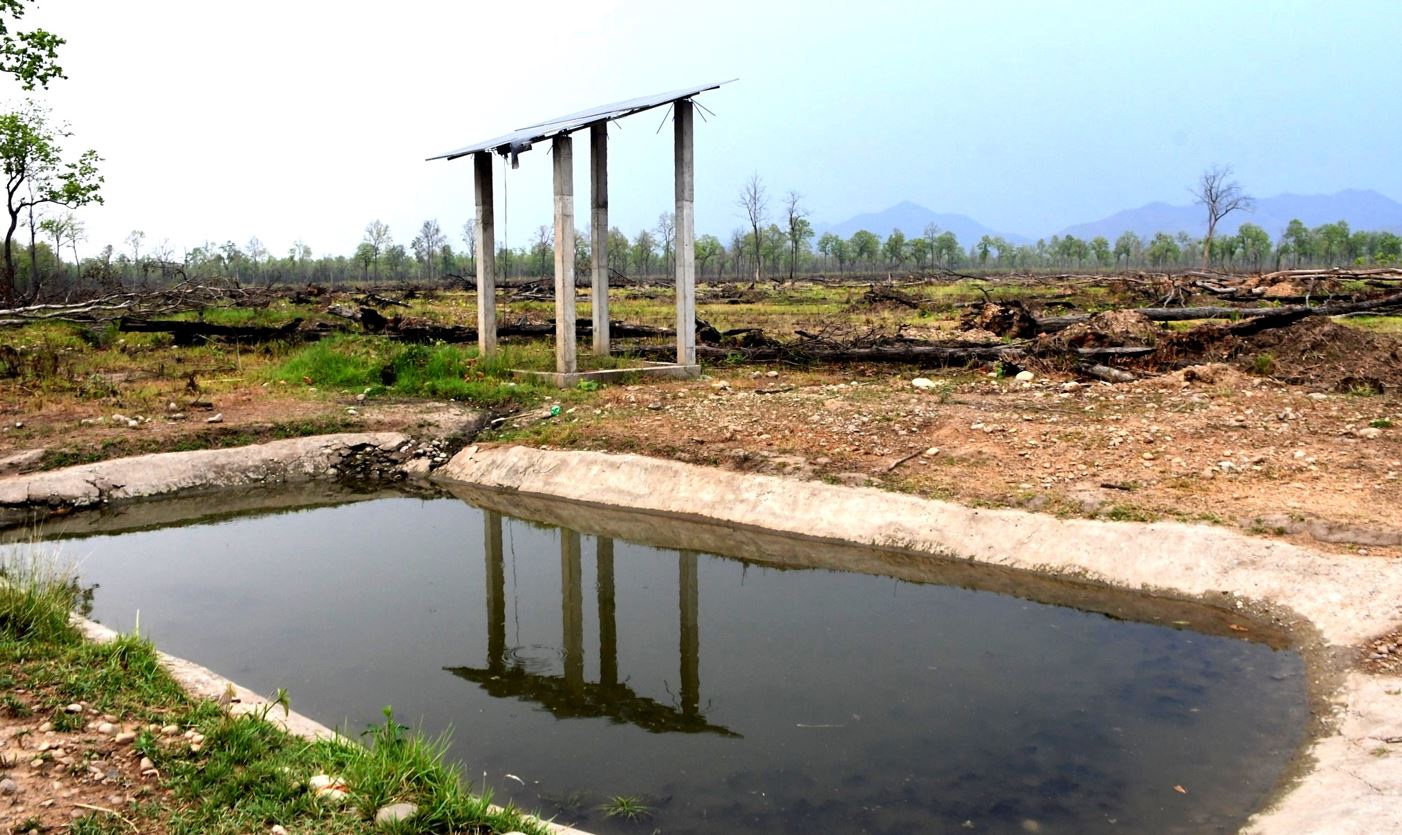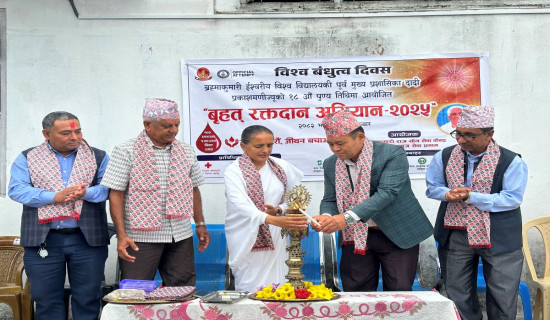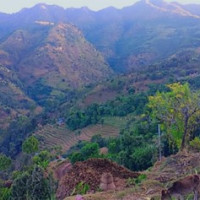- Saturday, 23 August 2025
Banke National Park successful in tiger conservation
By Siraj Khan,Nepalgunj, July 31: Banke National Park (BaNP), the youngest national park in Nepal, has achieved remarkable success in both tiger conservation and reducing human-wildlife conflict.
To prevent tigers and other wild animals from entering human settlements, the park has focused on several key measures -- constructing solar-powered ponds that provide year-round water, expanding grasslands to increase prey species, improving habitats, and installing protective fencing near vulnerable villages.
Birendra Prasad Kandel, Senior Conservation Officer of BaNP, said human-wildlife conflict had been increasing in recent years. Therefore, alongside tiger conservation, reducing this conflict had become a top priority, an approach that has brought positive results.
He said, “To protect tigers and stop them from approaching villages or highways, we expanded grasslands to increase prey animals, managed water sources and installed fencing near human settlements. These efforts have significantly reduced conflict between people and wildlife.”
According to Kandel, grasslands have been expanded over 450 hectares to support prey species. Likewise, 25 solar- and motor-powered ponds have been constructed to ensure 24-hour water availability round the year. In the last fiscal year alone, 10 kilometres of fencing was installed near villages at risk of wildlife intrusion.
Ponds have been built or maintained at intervals of every five kilometres to ensure water availability.
Along both sides of the East-West Highway, the park has also cleared forests and bushes within 10 to 25 metres to prevent wildlife accidents and reduce risk of fire, while also improving sanitation.
To discourage locals from entering the forest, the park has promoted the use of alternative energy in nearby communities. This includes providing biogas systems, solar panels, and induction cookers.
Krishna Chaudhary, operator of Gavar Valley Homestay, said that thanks to the park’s initiatives, human-wildlife conflict has greatly decreased. As a result, accidents and incidents have gone down, and the number of tourists is increasing.
In the past, tigers and other wild animals often ventured into nearby settlements or onto the highway in search of food and water, leading to accidents and conflict.
According to a 2022 survey, BaNP is home to 25 adult tigers. In total, the park has 422 species, including 34 mammals, 276 birds, 24 reptiles, nine amphibians and 55 fish species.
Established on July 12, 2010, BaNP lies only 16 kilometres away from Nepalgunj Airport. The protected area spans both sides of the East-West Highway.

















